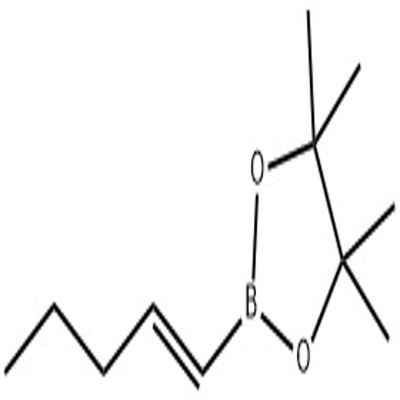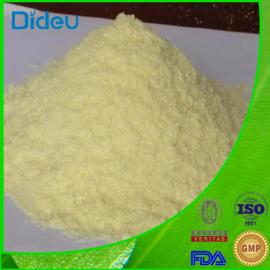Lilly and Roche antibody drugs Alzheimer's II / III research failed!
-
Last Update: 2020-02-11
-
Source: Internet
-
Author: User
Search more information of high quality chemicals, good prices and reliable suppliers, visit
www.echemi.com
Compiling coco On February 10, Lilly and Roche announced that solanezumab and gantnerumab were not the main end points in the study of symptom improvement in patients with autosomal dominant Alzheimer's disease (ADAD) The study, dean-tu, was a phase II / III randomized, double-blind, placebo-controlled study Solanezumab and gantenerumab were tested to reduce cognitive decline and improve disease-related biomarkers in patients with known inherited Alzheimer's disease compared with placebo The main endpoint of this study is a novel indicator - Dean multiple cognitive endpoint, including Wechsler Memory Scale revised logical memory delayed recall, CogState international shopping list test, Wechsler Adult Intelligence Scale revised digital symbol substitution test and mini mental state test, aiming to evaluate the cognitive performance of ADAD patients ADAD, also known as familial AD or dominant genetic ad (diad), is a rare genetic form of AD, which is caused by a single gene mutation in app, PSEN1 or psen2 genes, and the proportion of AD patients caused by gene mutation is less than 1% in all patients in the world In the dean-tu study, 194 participants were followed up for 7 years, with an average time of about 5 years There were 24 research sites in the United States, Canada, France and other countries In this study, 52 people were randomly assigned to the gantenerumab group, 50 in the solanezumab group and 40 in the placebo group All participants were from families with mutations in the ADAD gene that cause heredity The study included patients who were asymptomatic at the time of enrollment, as well as patients who already had mild symptoms Participants' awareness was tracked annually for a minimum of four years of treatment, and these results were combined to produce a comprehensive score Roche said that in this study, the cognitive decline rate of patients receiving gantenerumab treatment measured by the new dean multiple cognitive endpoint method did not significantly slow down In general, the safety of gantenerumab in dean-tu-001 was consistent with other clinical trials of the study drug, and no new safety issues were found The most common adverse events were injection site reaction, nose and throat infection (nasopharyngitis) and imaging abnormalities related to amyloid protein, which manifested as brain edema or micro hemorrhage, most of which were asymptomatic Lilly noted that 36 patients in the solanezumab group completed treatment for a minimum of four years The initial study dose was 400 mg per week, with only 25% of patients at a higher level after the revised dose In any case, solanezumab did not reach the primary end point of the study This is Lilly's fourth attempt to prove that the experimental drug can delay the cognitive decline of patients with neurodegenerative diseases However, the results are the same as those of the previous three times, but it fails Lilly is conducting other analyses of secondary endpoints and biomarkers, the results of which will be presented at this April's "focus meeting on progress in Alzheimer's and Parkinson's therapy." Based on the outcome of the primary endpoint, Lilly currently does not intend to allow ADAD patients to continue to receive solanezumab treatment Solanezumab is a kind of monoclonal antibody against amyloid protein, which combines with amyloid β peptide to prevent the latter from accumulating in the brain and forming plaques The drug is being tested in the asymptomatic Alzheimer's disease (A4) study, in which patients with AD receive anti amyloid treatment The A4 study was designed to test the treatment of solanezumab in elderly people with amyloid in the brain but no signs of memory loss Gantenerumab is a research drug designed to bind to the aggregation form of β - amyloid and remove the β - amyloid plaques that are believed to cause brain cell death Previous clinical studies have shown that the drug can reduce β - amyloid egg white spots in patients with ad in common forms, not directly caused by gene mutations Roche is currently conducting two phase III studies (nct0124106 and nct02051608) to assess the safety and efficacy of gantenerumab in patients with ad in the early and middle stages.
This article is an English version of an article which is originally in the Chinese language on echemi.com and is provided for information purposes only.
This website makes no representation or warranty of any kind, either expressed or implied, as to the accuracy, completeness ownership or reliability of
the article or any translations thereof. If you have any concerns or complaints relating to the article, please send an email, providing a detailed
description of the concern or complaint, to
service@echemi.com. A staff member will contact you within 5 working days. Once verified, infringing content
will be removed immediately.







